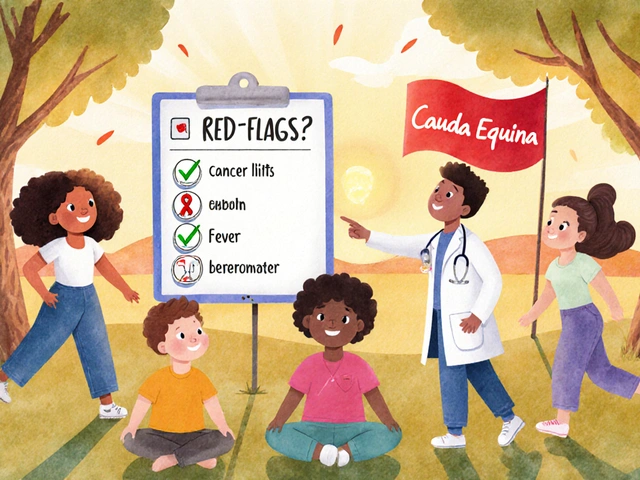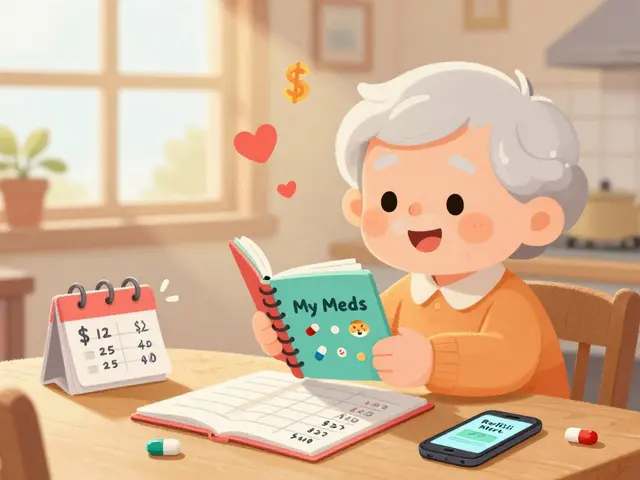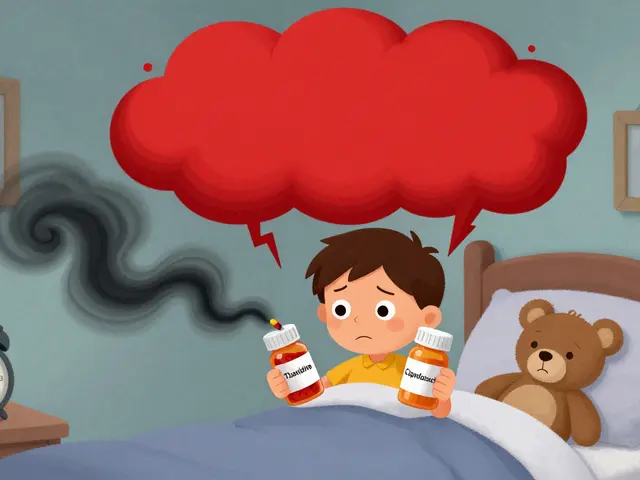Deadly combination: spot dangerous drug mixes before they hurt you
Some medicine mixes don’t just cause side effects — they can be life‑threatening. You might think a pill from the pharmacy and an over‑the‑counter drug are harmless together, but certain pairs can cause breathing to stop, severe bleeding, liver failure, or a sudden drop in blood pressure. Knowing a few common dangerous combos and quick safety steps cuts real risk.
Common dangerous combos to watch for
Opioids + benzodiazepines (or heavy alcohol): this pair can slow breathing so much you stop getting enough oxygen. Doctors now avoid prescribing them together when possible.
Nitrates (for chest pain) + PDE5 inhibitors (like sildenafil): mixing these can crash your blood pressure, which may lead to fainting or a heart attack.
Warfarin + many antibiotics or antifungals: some antibiotics raise warfarin levels and can cause serious bleeding. If you start an antibiotic while on warfarin, get your INR checked more often.
MAO inhibitors + SSRIs or some migraine drugs: this combo can trigger serotonin syndrome — high fever, fast heartbeat, stiffness, confusion. It’s an emergency.
Acetaminophen + heavy alcohol use or high doses of other acetaminophen products: too much acetaminophen damages the liver. Check labels — many cold and pain meds contain it.
Herbal supplements like St. John’s wort + certain prescription meds: herbs can speed up or block drug breakdown, cutting effectiveness or increasing side effects. Don’t assume “natural” is safe with prescriptions.
What to do if you suspect a deadly interaction
If you feel faint, have trouble breathing, severe bleeding, chest pain, very high fever, muscle rigidity, or sudden confusion after taking medicines, call emergency services immediately. For less urgent concerns, stop the non‑essential drug if safe and call your pharmacist or prescriber.
Practical habits that prevent most problems: keep a current list of ALL medicines (prescription, OTC, supplements), use one pharmacy when possible, ask the pharmacist about interactions every time a new drug is added, and use a reliable online interaction checker as a quick second opinion.
When a doctor prescribes a new drug, ask: “Does this interact with what I already take?” Ask about alcohol, food (grapefruit matters for some drugs), and what to watch for. If you’re switching doctors or filling prescriptions online, upload or carry your med list so everyone sees the full picture.
Knowing the red flags and acting quickly keeps you safe. You don’t need to memorize every possible combo — just keep an up‑to‑date med list, ask questions, and treat sudden serious symptoms as emergencies. That simple routine saves lives.



